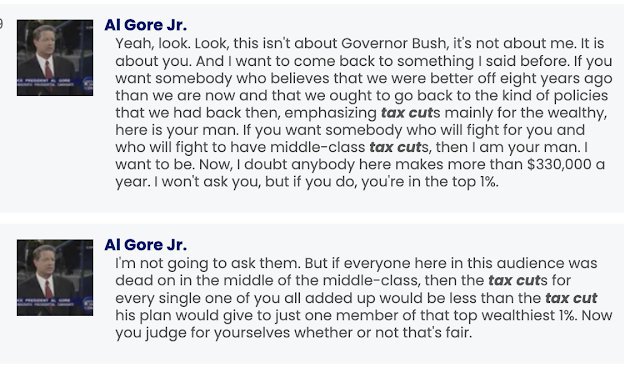As you get on in years, a lot of making your way depends on how you deal with emergencies.
I had really good kids. Smart, touch wood. Healthy, touch wood. Sensible, touch wood. And considering their source, mentally stable, touch Sequoia.
That said, there are times you're faced with emergencies. A school paper is due but isn't written. Or it's written but isn't printed and they have to leave for school now. Or someone got caught by the cops drinking beer in the park. And showed a fake ID.
Like I said, emergencies.
As you get on in work years, you also have to deal with emergencies. Especially if you believe in being a doer, not just a presider.
There are times it's up to you.
It's a video script involving the CEO of a Fortune 50 company. Or there's some sword of Damocles hanging over the client/agency relationship and something needs doing now. Or cuts come back from a shoot and they suck.
There are times it's up to you.
I read something not too long ago by a screenwriter I admire. Someone asked her about her writing process.
Some people "ornate-ti-cize" the way in which they get down to work. They need a certain kind of coffee, twelve sharpened Ticonderogas, some Dvorak on the iPod, complete hermetic silence and elaborate briefing documents.
I've learned that when it's up to you you're no longer a high-end surgeon at Memorial Sloan Kettering or Cleveland Clinic. You're a triage doctor one-hundred yards from the front line with cordite residue on your scalpel. You work with what you have.
What I've learned is simple: Write fast. Write your first draft completely. Write it fast. Write it all the way through. Edit as you go, if you must. But write to get it done.
Then take a walk around the block. Or go home for the night. Or otherwise give your brain and typing fingers an intermezzo.
Then come back to the page you've written, that's the best you could do in the moment you were doing it in, and rewrite what you've written.
The logic is simple: It's easier to re-write than write. So spend less time doing what's hard and more time doing what's simple--and arguably more important since it's closer to the end product.
Write fast. Re-write slow.
I make this an everyday practice.
That's how I've been able to write over 6,500 blog posts and keep a fairly extensive book of clients happy.
I often hear myself saying to clients, "I don't like talking about theory. I don't like talking hypotheticals. I don't like what could be's. Let me show you what is.
"Based on how I listen, how I think and how much of this I've done, I happen to think that if you brief me at 10, I should have something to share that's 80-percent of the way there by 11.
"Then, together we can take the piece the rest of the 20-percent. You can bring your knowledge to bear. I can bring my craft. It's a whole lot better than wasting time on a whole lot of speculation and perseveration."
Often the first thing I do when I have something to do is create a document called "Client's name_running_date."
On this page, I work. I write down everything. Every start, every finish, every visual idea, every reference I can find. These documents are often dotted with precise quotations from the client. Things I've heard them say or read on their walls or from their annual report.
It's very contemporary for brands and agencies to talk about "social listening." Working on this document is my way of conducting "professional listening." It stems from my belief that the answer to most things is usually rattling around your personal cosmos--the trick is finding a way to find it. The trick is finding the confidence to trust your ears and to trust what you hear.
It's funny to me how often the truth of a brand--its centrality--is close to the surface. Most brands remain inscrutable ('hard to crack,' in the parlance of our business) because we are looking for something vague and mysterious rather than what's looking us in the eye.
Back during the presidential debates in the year 2000, there was a town hall debate between George W. Bush and Al Gore. Bush was promulgating tax cuts and claiming they would be fair.
Gore did something uncharacteristic for him. He walked out from behind his podium and to the fringe of the stage. His hand swept from one side of the audience to the other. He said:
I remember turning to my wife and saying, 'if he sticks with that message he will win.' Of course he didn't. And people heard tax cuts and voted for Bush.That's what I mean.
Hear what's said.
And if it's good, use it.
Don't be put off because it came to you on a silver platter.
But as Glinda reminded Dorothy, sometimes you have to find that out by yourself.

No comments:
Post a Comment